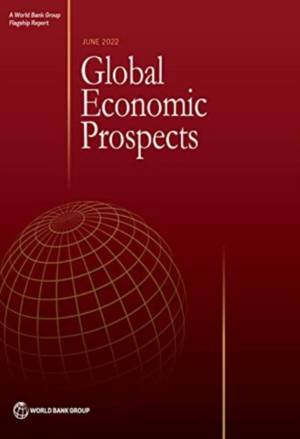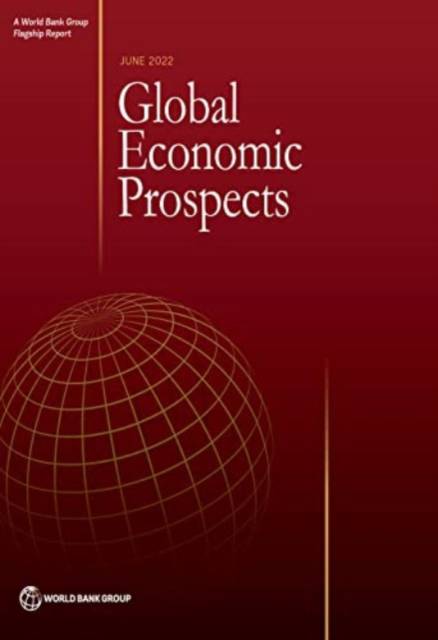
- Afhalen na 1 uur in een winkel met voorraad
- Gratis thuislevering in België vanaf € 30
- Ruim aanbod met 7 miljoen producten
- Afhalen na 1 uur in een winkel met voorraad
- Gratis thuislevering in België vanaf € 30
- Ruim aanbod met 7 miljoen producten
Zoeken
€ 71,95
+ 143 punten
Omschrijving
The world economy continues to suffer from a series of destabilizing shocks. After more than two years of pandemic, Russia's invasion of Ukraine and its global effects on commodity markets, supply chains, inflation, and financial conditions have steepened the slowdown in global growth. In particular, the war is leading to soaring prices and volatility in energy markets, with improvements in activity in energy exporters more than offset by headwinds to activity in most other economies. The war has also led to a significant increase in agricultural commodity prices, which is exacerbating food insecurity and extreme poverty in many emerging market and developing economies. Numerous risks could further derail what is now a precarious recovery. Among them is, in particular, the possibility of stubbornly high global inflation accompanied by tepid growth, reminiscent of the stagflation of the 1970s. This could eventually result in a sharp tightening of monetary policy in advanced economies to rein in inflation, lead to surging borrowing costs, and possibly culminate in financial stress in some emerging market and developing economies. A forceful and wide-ranging policy response is required by policy makers and the global community to boost growth, bolster macroeconomic frameworks, reduce financial vulnerabilities, provide support to the vulnerable population groups, and attenuate the long-term impacts of the global shocks of recent years.
Specificaties
Betrokkenen
- Auteur(s):
- Uitgeverij:
Inhoud
- Aantal bladzijden:
- 194
- Taal:
- Engels
- Reeks:
Eigenschappen
- Productcode (EAN):
- 9781464818431
- Verschijningsdatum:
- 22/07/2022
- Uitvoering:
- Paperback
- Formaat:
- Trade paperback (VS)
- Afmetingen:
- 216 mm x 279 mm
- Gewicht:
- 566 g

Alleen bij Standaard Boekhandel
+ 143 punten op je klantenkaart van Standaard Boekhandel
Beoordelingen
We publiceren alleen reviews die voldoen aan de voorwaarden voor reviews. Bekijk onze voorwaarden voor reviews.








